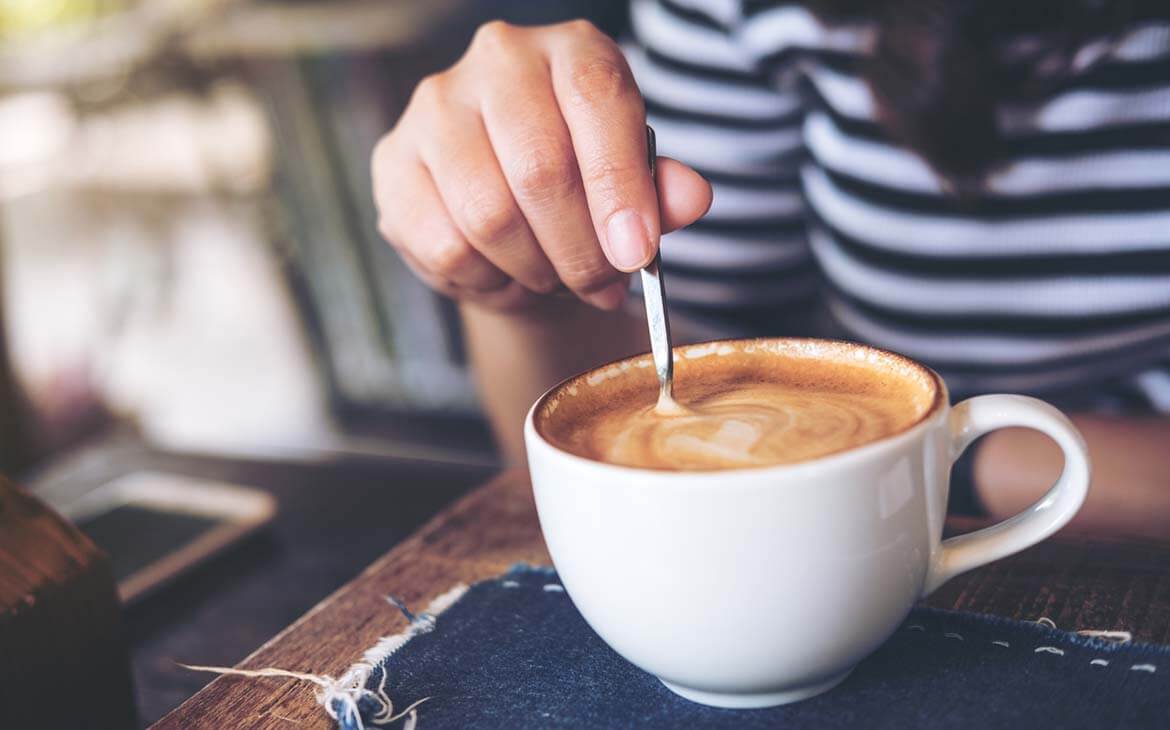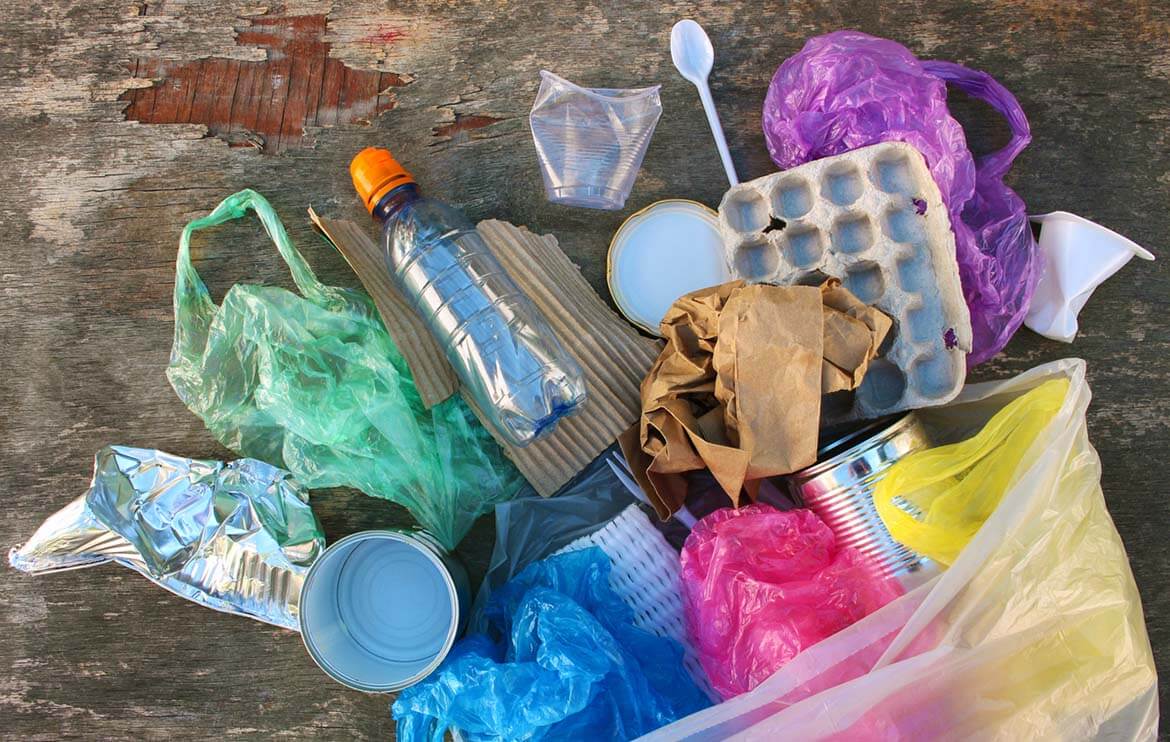Who’d have thought a television show could usher in a welcome wave of environmental awareness?
This post-Blue Planet world has led to a very sudden shift in attitudes towards ditching plastic, but the message isn't as simple as that.
Plastic is not inherently ‘bad’, but the quantities we consume and how we dispose of it can be.
In many cases plastic fulfills an important function - like in medical equipment - but we need to think more carefully about how we can responsibly use our products, no matter the material.
This means minimising where possible and for those we do need, making sure we use them longer to extend their useful life.
So, before you rush out to buy a bamboo toothbrush, read on to find out why alternatives to plastic aren't always a quick win.
We need to ditch disposable items altogether, rather than just switching plastic for other throwaway materials.
Share on
Nae straw at ‘aw
Many people probably find some consolation amidst the generally miserable experience of drinking a fast-food shake through a paper straw that, even though your cheeks feel like you’ve been blowing up balloons all day and the straw has pretty much disintegrated halfway through the drink, at least it’s not harming the planet. Or is it?
Paper straws are made by cutting down our carbon sucking secret weapons – trees. And they still use energy to produce. They aren't recyclable and because they are made of biological material they can produce the greenhouse gas methane when buried in landfill, just like food waste does.
Plastic straws are a vital accessibility aid for some people to eat and drink independently and for this reason, the ban on single-use plastics in Scotland includes a critical exemption in support of this. Access to plastic straws will be protected for those who need them and they can made available on request in certain settings such as pharmacies and hospitality premises. Read more about the regulations here: zerowastescotland.org.uk/single-use-plastics/regulations.
Compostable? Er…maybe…
We’ve all seen or used one by now - those fabulous compostable takeaway cups, plates and food cartons that look just like their plastic counterparts, but simply biodegrade after we’ve thrown them away. What a great idea.
The reality is more complicated. Compostable packaging needs to be collected separately and taken to a specialist industrial composting facility to be properly composted.
At the moment, no local authorities in Scotland collect compostable packaging such as cups or plates. If these go into landfill they can produce methane which contributes to global warming.
Critically, they are also still disposable - used once, then thrown away. We need to see food outlets switching to reusable alternatives but in the meantime, take your own containers, or just sit in rather than take away.

Ditch disposables altogether
This type of ‘anything but plastic must be better’ logic is spreading fast. In your day to day life you may come across it being applied to drink stirrers, biodegradable shrink wrap or bamboo toothbrushes.
The reality is that global warming is accelerating fast and we need to find ways to slow down the continuous demand for more and more natural resources. Ditching disposables that we don't need rather than just switching plastic for other throwaway products is a great place to start.
Get involved
If you go to a regular takeaway for work lunch breaks, it’s easy enough to make a habit of taking your own containers. Stick a fork from home in your bag too.
Use your bags for life (for life though, don’t be one of those naughty people who buy a new one every trip).
Get a reusable cup...and remember to take it! Diary reminders on your phone can help.
If you can, say no to straws – no matter what they’re made of!
Use a reusable water bottle.

